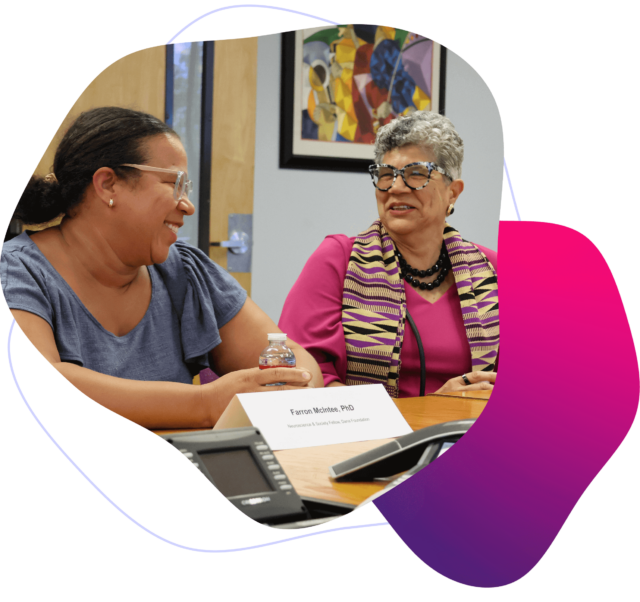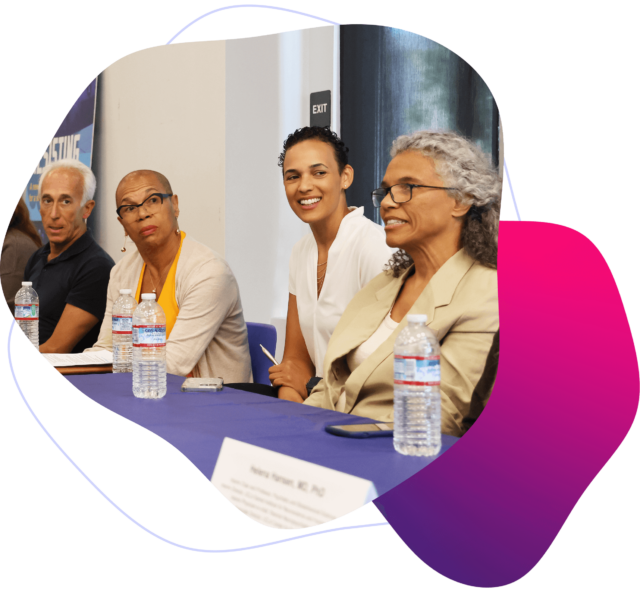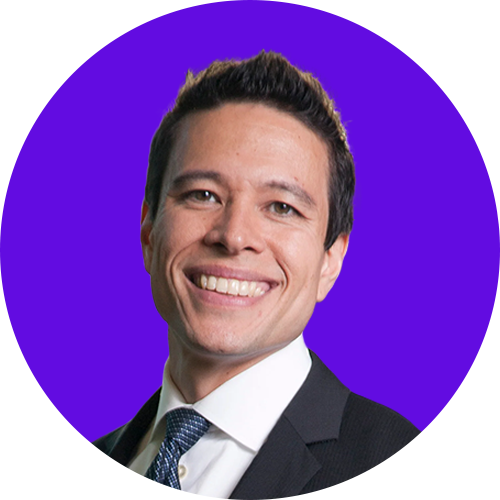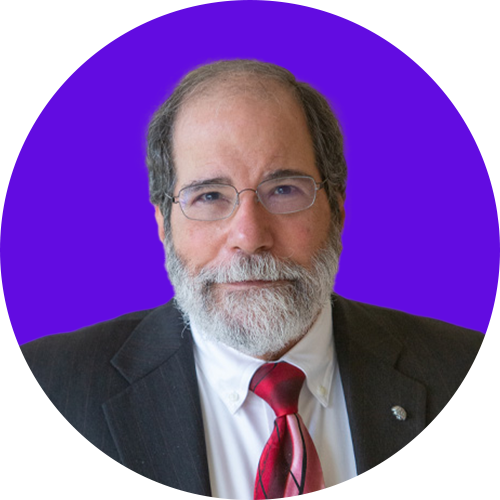Our Work

The Dana Foundation advances neuroscience that benefits society and reflects the aspirations of all people.
The Dana Foundation is a nonprofit organization that advances its mission through grantmaking and field building. We’re ambitious in our goals and steadfast in our vision: to use brain science to build a better future. Through our work, we strive to foster collaboration between students, Neuroscience & Society scholars, funders, policymakers, professionals, and communities in pursuit of advancing knowledge and co-creating neuroscience-informed solutions to complex societal problems.
Our Programs
To ensure a positive future, we must better connect neuroscience to the needs of society. We must strive to make the field more inclusive and collaborative. By opening the field up to diverse perspectives, working in closer partnership with other disciplines, and deepening our engagement with the general public, neuroscience can contribute to the flourishing of everyone.

Our Grants
We advance neuroscience that inspires transformational ideas where the field intersects with education, law, policy, and public engagement, among others. With grants that support interdisciplinary, collaborative work, we foster experimentation, investigation, and fresh thinking to open up pathways toward a better future.



